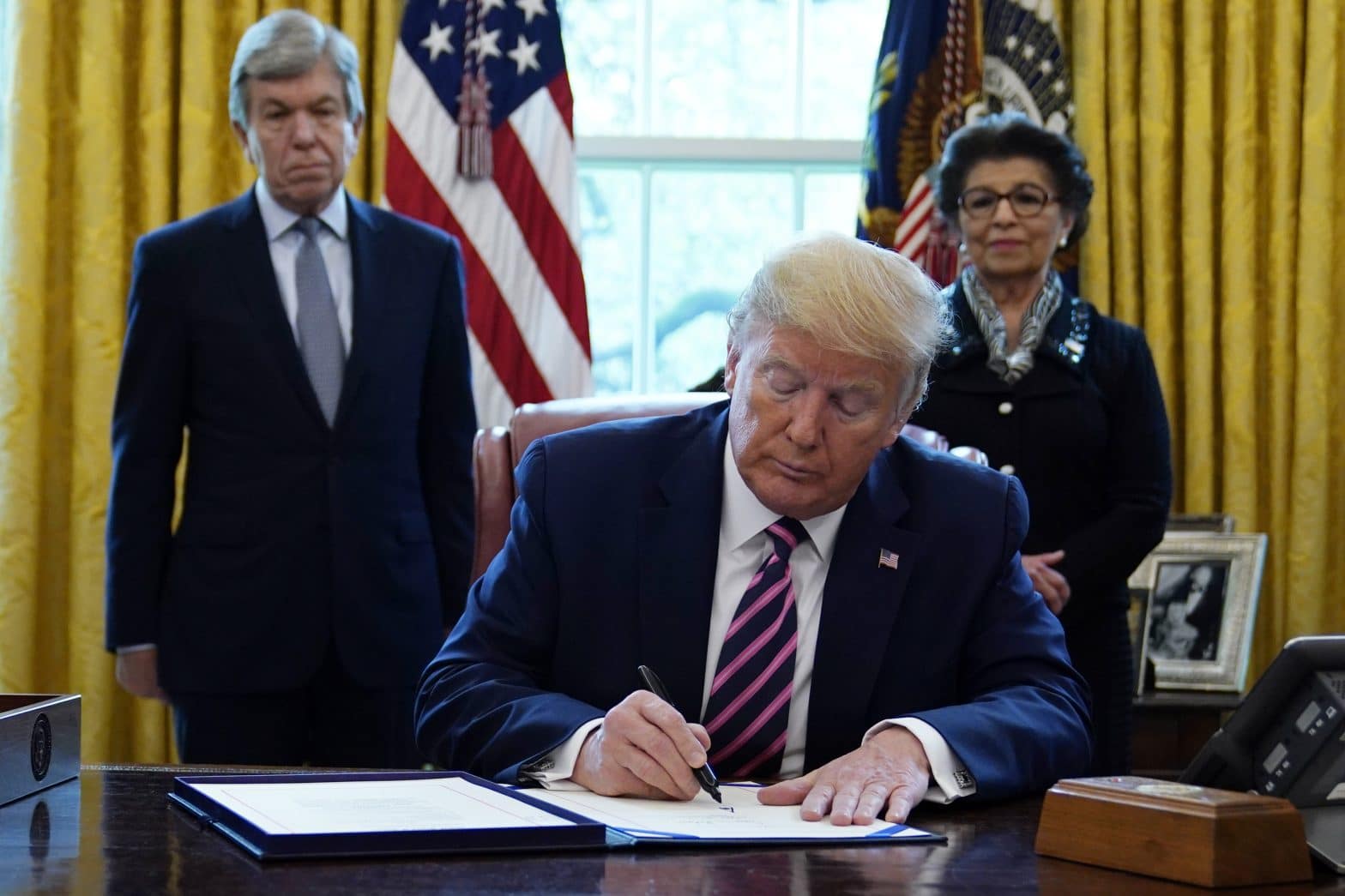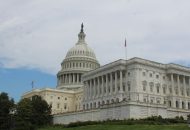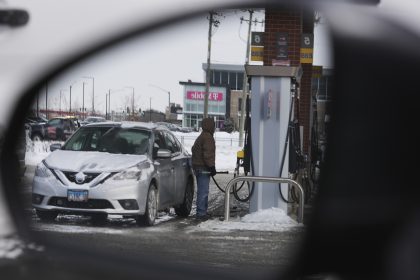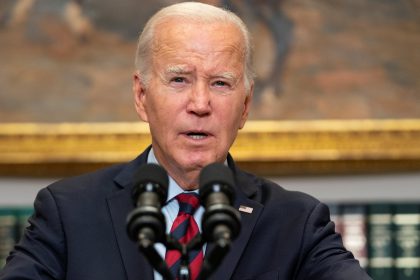Latest Coronavirus Bill Leaves Local Governments Hanging

WASHINGTON – The House of Representatives approved a new coronavirus relief package on Thursday, replenishing funds for small business loans, hospitals, and to expand virus testing.
The bill, signed by President Trump Friday afternoon, adds $310 billion to the Paycheck Protection Program, a popular lending initiative managed by the Small Business Administration.
But local governments will have to wait. The relief package won’t include additional funding to bail out states, cities, and counties affected by the pandemic.
House Speaker Nancy Pelosi insisted on including aid for states and local governments, but she found herself at odds with Republican leaders, who pushed back on the effort.
In an interview with radio host Hugh Hewitt, Senate Majority Leader Mitch McConell said he would rather states “use the bankruptcy route” than allow them to receive more federal aid.
“We’re not ready to send a blank check to states and local governments to spend any way they chose to,” McConnell said.
His remark was sharply criticized by several politicians, including members of McConnell’s own party. New York Representative Peter King, a Republican, called the comments “shameful and indefensible.”
Local governments across America have faced extraordinary costs to battle the COVID-19 crisis. Major metropolises like New York City have slashed their budgets by billions to make up for unexpected pandemic spending.
Meanwhile, smaller localities like Pennsylvania’s Westmoreland County have scaled back vital government services and laid off hundreds of county workers to keep their finances afloat.
In March, Congress created the Coronavirus Relief Fund, which allocated $150 billion in funding for states, tribal governments, and local governments as part of the initial round of aid in the Coronavirus Aid, Relief and Economic Security Act.
But there are restrictions on how that money can be spent. One of the bill’s most disputed provisions has to do with how the funds will be distributed to smaller localities.
While large cities and counties will receive money directly from the federal government, government entities with fewer than 500,000 residents will rely on state governments to pass the funding down, according to the bill.
Additionally, the Treasury Department has specified that the funding can only be used to cover costs incurred “due to the public health emergency with respect to the Coronavirus Disease” from March through December of 2020.
Local governments can use the funds for health care costs related to public hospitals, patient transportation, and virus testing, along with payroll expenses for employees who are “substantially dedicated” to responding to the crisis, according to the Treasury.
But advocates say the funding isn’t enough, and that spending restrictions should be less restrictive.
The National Association of Counties, a non-profit based in Washington, D.C. urged Congress on Tuesday to “immediately provide robust, flexible relief” to state and local governments in a letter signed by a coalition of national advocacy groups.
Local governments should be eligible for direct payments from the Coronavirus Relief Fund regardless of their population, said Mark Ritacco, the deputy director of governmental affairs at NACo.
“The National Association of Counties is calling on Congress to provide additional relief to counties of all sizes, because counties are on the front lines of responding to the COVID-19 pandemic,” Ritacco said.
In total, U.S. counties could see their budgets slashed by $144 billion over the next fiscal year, according to a report by the organization. That figure doesn’t include a potential $54 billion loss in property tax revenue due to a drop in real estate prices.
Rural counties with tight budgets will be particularly hard hit due to an unexpected surge in healthcare expenditures, the report found. Roscommon, a small Michigan county of about 24,000 residents, expects to spend an additional $335,000 each month — 14% of its budget — to mitigate the crisis, according to the report.
In nearly every state, local governments are required to keep a balanced budget, meaning cities and counties plan to end the fiscal year with a surplus. If money is running low, cities and counties are forced to implement austerity measures, sometimes cutting important services to their residents.
The city of Detroit, which is facing a $348 million deficit from the pandemic, is already planning on cutting salaries and hours for the majority of its 8,000-member workforce. Michigan has been one of the hardest hit states by the coronavirus, with nearly 3,000 deaths and more than 35,000 confirmed cases.
Many senators have expressed support for additional aid to local governments, along with looser spending restrictions. “COVID-19 has challenged our states, our country, and indeed this Congress in ways few would have expected,” Brown said in a letter to Senate leaders. “Our response to this crisis must be bold, it must be swift, and it must be responsive to the needs of the constituents we represent – meeting this moment demands nothing less.”
























